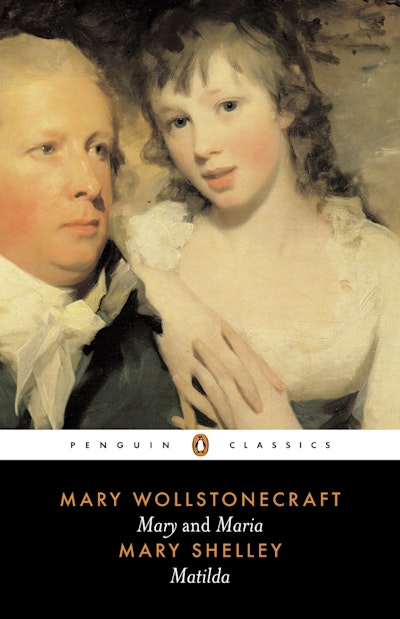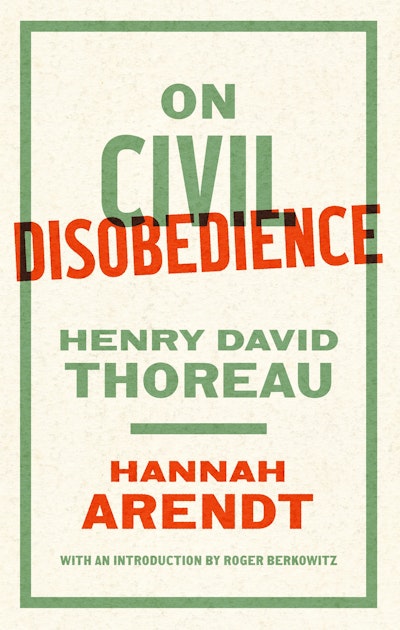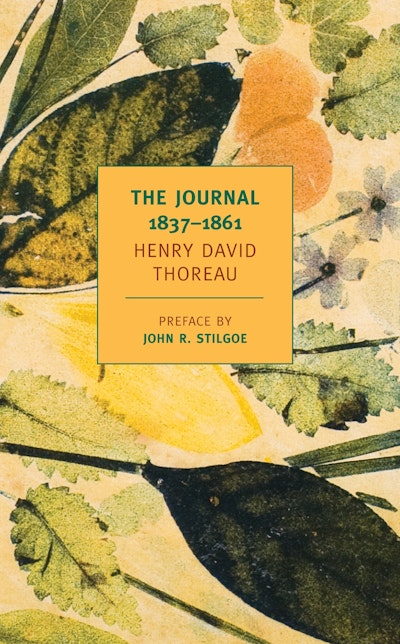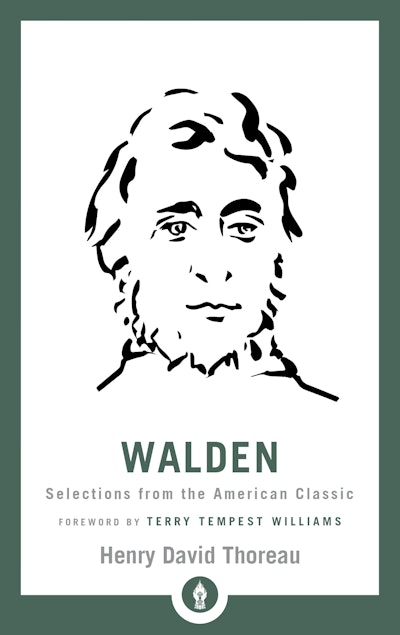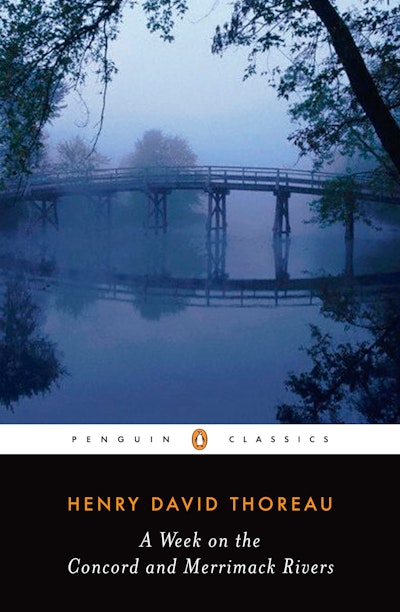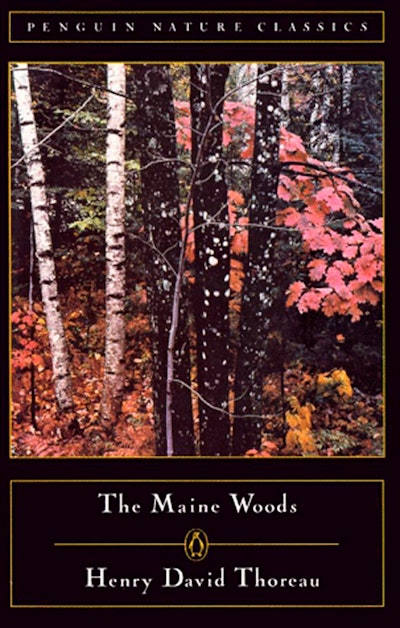- Published: 26 January 1984
- ISBN: 9780140390445
- Imprint: Penguin Classics
- Format: Paperback
- Pages: 336
- RRP: $24.99
Walden and Civil Disobedience
A transcendentalist classic on social responsibility and a manifesto that inspired modern protest movements
Critical of 19th-century America’s booming commercialism and industrialism, Henry David Thoreau moved to a small cabin in the woods of Concord, Massachusetts in 1845. Walden, the account of his stay near Walden Pond, conveys at once a naturalist’s wonder at the commonplace and a transcendentalist’s yearning for spiritual truth and self-reliance. But Thoreau's embrace of solitude and simplicity did not entail a withdrawal from social and political matters. Civil Disobedience, also included in this volume, expresses his antislavery and antiwar sentiments, and has influenced resistance movements worldwide. Both give rewarding insight into a free-minded, principled and idiosyncratic life.
For more than seventy years, Penguin has been the leading publisher of classic literature in the English-speaking world. With more than 1,800 titles, Penguin Classics represents a global bookshelf of the best works throughout history and across genres and disciplines. Readers trust the series to provide authoritative texts enhanced by introductions and notes by distinguished scholars and contemporary authors, as well as up-to-date translations by award-winning translators.
- Published: 26 January 1984
- ISBN: 9780140390445
- Imprint: Penguin Classics
- Format: Paperback
- Pages: 336
- RRP: $24.99
Other books in the series
About the author
Henry David Thoreau was born in 1817 in Concord, Massachusetts, the town where he would live for most of his life. Along with Ralph Waldo Emerson, he is the most famous of the American Transcendentalists, a group of philosophical thinkers who frequently explored the relationship between human beings and the natural world. He was educated at Harvard, and over the course of his life took on a number of different occupations, including lead-pencil maker, schoolteacher and surveyor.
Thoreau was outspokenly critical of the American government, fervently opposed to slavery, and an advocate of passive resistance. Whilst Walden (1854) is his best-known work, his 1849 essay ‘Civil Disobedience’ has inspired non-violent political activists the world over, including Mahatma Ghandi and Martin Luther King Jr, and his nature writings are considered ground-breaking works in ecology. He died in his hometown of Concord in 1862.





























































































































































































































































































































































































































































































































































































































































